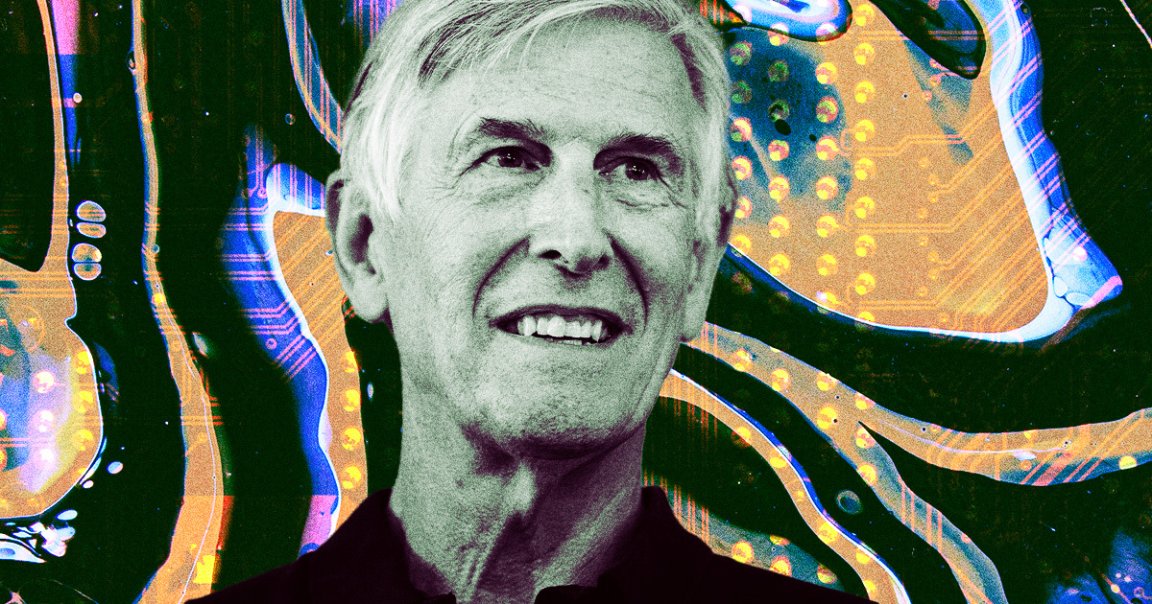
AI for Effort
Many members of U.S. Congress are famously clueless about technology, with some critics afraid the legislators, some of them very old, won’t be up to the task of trying to regulate and guide the explosive rise of AI.
On the other hand, look no further than the 73-year-old Representative Don Beyer (D-VA), who took it upon himself to sign up for a master’s degree program in machine learning at George Mason University, The Associated Press reports, with an eye to learning more about a technology that many have touted will change the world (and also quite possibly put lots of people out of jobs).
“I tend to be an AI optimist,” Beyer told the AP. “We can’t even imagine how different our lives will be in five years, 10 years, 20 years, because of AI…There won’t be robots with red eyes coming after us any time soon. But there are other deeper existential risks that we need to pay attention to.”
Teacher’s Pet
Beyer’s interest in learning more about AI isn’t entirely surprising. The politician and auto dealership mogul also heads a bipartisan caucus on nuclear fusion and is a big nerd on reading geometry tomes, according to the AP.
Being in a master’s program for machine learning puts him way ahead of the curve in the halls of Congress — which had Texas Senator Ted Cruz fuming last year that the legislative body “doesn’t know what the hell it’s doing” on AI.
Members of Congress have a tall order when it comes to the tech, especially with the European Union passing a sweeping AI law last month and big tech companies racing ahead on pushing AI to consumers, in spite of considerable legal questions around — for example — the use of copyrighted material in AI data sets.
Change may be coming, though. Beyer’s fellow Congress member Representative Adam Schiff (D-CA.) has just introduced a bill that would require businesses to disclose the list of copyright material in AI training data sets before a new AI model is released. The law would also require disclosure if a business significantly alters a data set for an already-public model.
There will no doubt be other attempts at AI regulation in many sectors, from healthcare to privacy. Let’s hope Congress is up to snuff on understanding this rapidly evolving technology.
More on artificial intelligence: Artificial Intelligence is Coming to Steal Your High Paying Job, Experts Warn